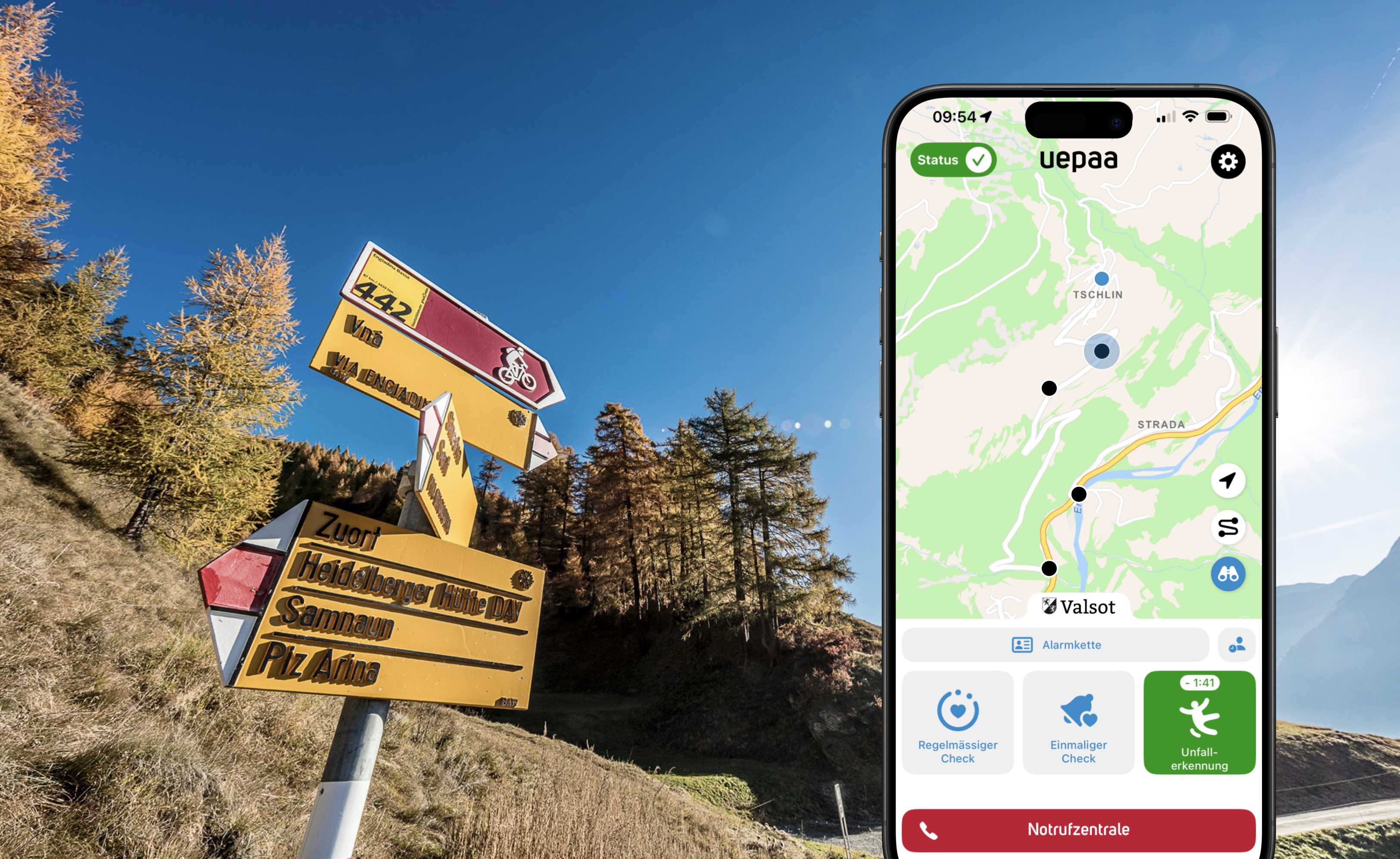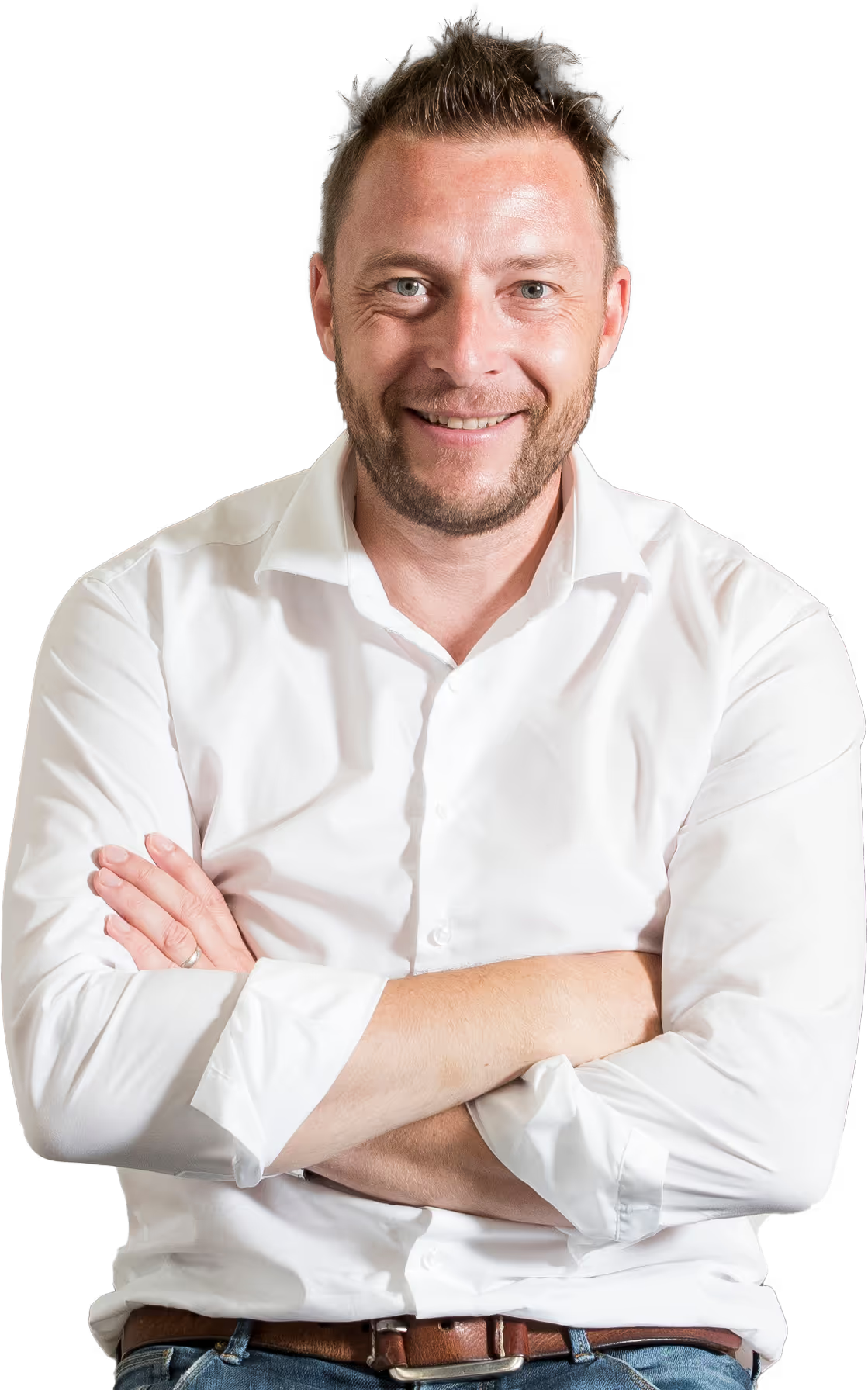❄️❄️ Safety in the snow: Protecting lives with smart technology.

No more driving the 4x4 all alone in the snow for drinking water in Davos.
Davos, the highest town in Europe, obtains all of its drinking water from springs. A finely meshed network of 132 kilometers of pipes transports the water through the ground to the points of use. With a reservoir volume of 5,635 m³, the region has sufficient capacity to cover peak consumption. The particular difference in altitude allows water to flow at a constant pressure directly from the tap - without any additional energy.
But behind this seemingly effortless access to fresh mountain water lies hard work. Especially in winter, with icy temperatures and slippery paths, maintaining the system becomes a challenge for the water supply staff. The job involves risks, especially for those who work alone in the terrain. A fall or unconsciousness in the snow can have fatal consequences.
Since January 2025, Davos Water Supply has been relying on innovative support: the Uepaa Safety App. This modern solution is revolutionizing occupational safety in demanding environments.
Why use the Uepaa Safety app?
- 🛡️ Dead man's function (SUVA-44094): Automatically detects when a person becomes incapacitated and immediately triggers an alarm.
- 🚑 Comrade assistance: Notifies the next available team member to initiate quick rescue measures.
- 🇨🇭 Quality from Switzerland: Developed with the SWISS LABEL seal of approval.
- Platform-independent: Works on both Android and iOS devices.
Grippy first-aid net in the highest city in Europe:
With the introduction of the app, Davos Water Supply is joining an established first aid network. The Davos works service, the ice masters and the AO Institute are also already part of this innovative system, which ensures greater safety in the region.
In Davos, the symbiosis of modern technology, dedicated employees and reliable infrastructure ensures that water not only remains a vital resource, but also a symbol of stability and safety - even under extreme conditions.
Pictures: Uepaa











